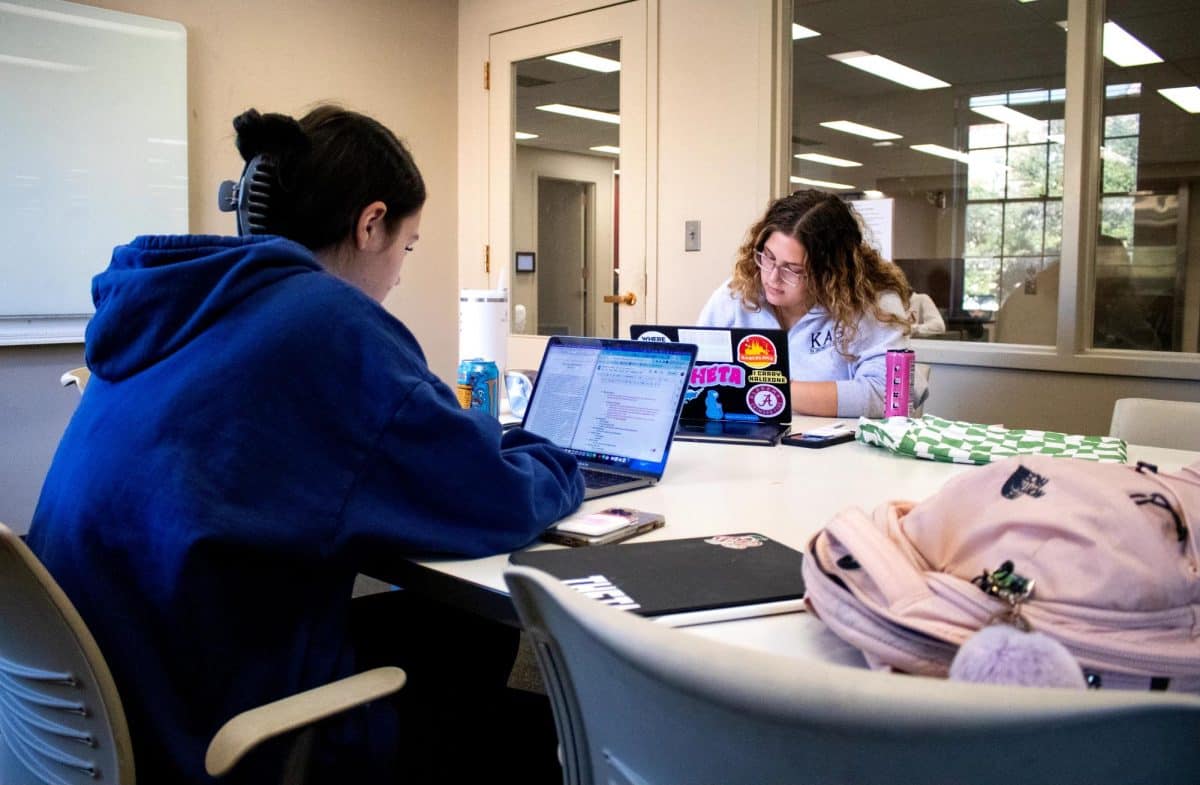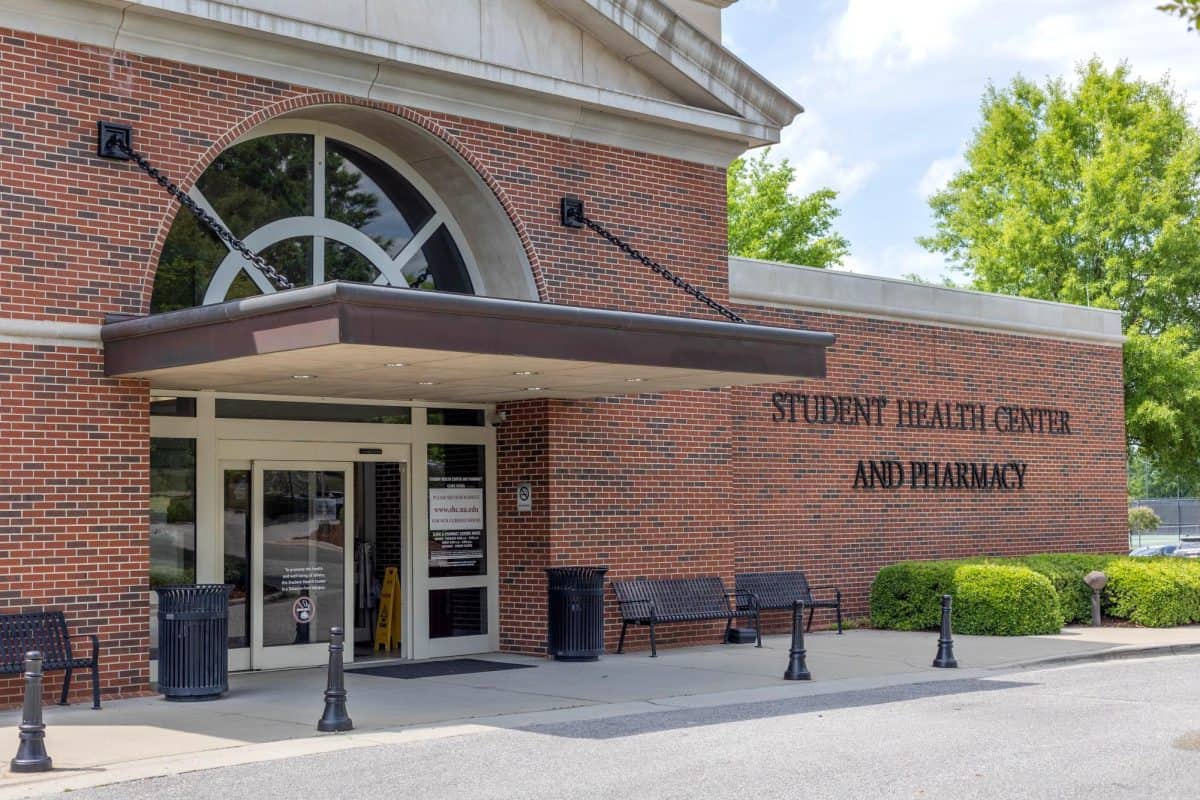The goal of capitalism is to improve quality of life by maximizing the number of engagements in win-win economic transactions. This means that one party views a good as more valuable than their money while the other party at the same time views the customer’s money as more valuable than the commodity. This system breaks down when one party begins to be compelled to spend more money on a good or service than that thing is actually worth. It is therefore common sense that each student has an interest in bringing tuition prices to balance with the value of a formal education.
What the majority of people don’t understand is that the free market is astonishingly efficient at maintaining this balance. It is actually impossible in a free society to spend more for a product than one is willing. People will continue to go to college so long as an education is a beneficial investment and college tuition will continue to rise so long as they do. The very instant that tuition price ceases to be worth its salt, enrollment will decrease and the college will be forced to either lower tuition or stop growing (both are actually valid choices.) The important thing to note here is that this scenario occurs only in a free market – which we currently do not have.
It is, however, the belief of some that the free market is rigged in favor of the few against the many and that the necessary balance in prices will not come naturally (or if it does, will not come fast enough), and thus the government is needed to hastily and forcibly bring about “fair” tuition prices. It is in this heart that New York Governor Andrew Cuomo has signed into effect the Excelsior Scholarship, making public college tuition “free,” under the condition that the student remains in the state after graduation. Their simplistic view is that investing in students will reap them a benefit if they remain in the state. They do not understand that the economy, unlike a machine, cannot be engineered. We will be able to control the weather long before any civilization discovers how to effectively manipulate the economy and maintain a free society. The lawmakers in New York have grossly underestimated the number of variables involved in the college market, and their free tuition program will end in disaster.
One of the first things that happens when the government involves itself in any aspect of the economy is the elimination of competition and the creation of unnatural, unsustainable monopolies. The same is true of college. The need to choose an inferior college for financial reasons will be nearly eliminated, and thus elite state colleges will see a rise in enrollment while smaller colleges will struggle to survive. We have seen something similar to this in America before with the normalization of Pell Grants, and we have seen this precise event in Germany when they enacted nation-wide free tuition. We do not have to guess the consequences.
The state budget will collapse. There are a great number of people who do not attend college because they do not believe a formal education is a worthy investment. When the cost of this investment becomes minuscule, that number will vastly decrease. Students will flood in by the literal hundreds of thousands. Not only potential students from the state, but students from out of state and possibly even out of country will pour in, excited to take advantage of the program. The budget has not prepared for this and will not be able to afford it.
The quality of education will decrease. In order to accommodate the immense growth in class size, colleges will need to hire more professors, but they will not have significantly more money. The number of available professors will not magically increase, so they will be forced to lower their standards and hire less qualified teachers. Additionally, they will need to lower the standards of achievement in order to maintain the same passing rate since the program, being need-based and not merit-based, will draw in very few elite students. Graduating from any of their universities will no longer be viewed as an accomplishment, and finding work afterward may be difficult.
The cost of college will go up. For any commodity, when the demand increases significantly more and faster than the supply, the price must also increase. This is what has happened because of federal Pell Grants, and is a major reason why college tuition prices are so high. New York has prepared for this and will not allow colleges to raise tuition, but this will not be nearly as effective as they intend. The college must make up for the change somehow. They will raise the price of room and board, increase class-fees and cut merit-based scholarship funding. Students eligible for free tuition will see little to no change in the overall cost of attending college; those who cannot receive government funding will be hammered with massive cost increases.
College tuition in the United States is outrageous. For all but the most rewarding of degrees, it is hardly worth the debt accumulated upon graduation. So yes, students should want to lower tuition. Therefore, they should do these three things: oppose bills and programs like the Excelsior Scholarship, advocate for the abolition of federal Pell Grants and stop voting for people like Andrew Cuomo and Bernie Sanders. Your future depends on it.
Carter Yancey is a sophomore majoring in computer science and mathematics. His column runs biweekly.









